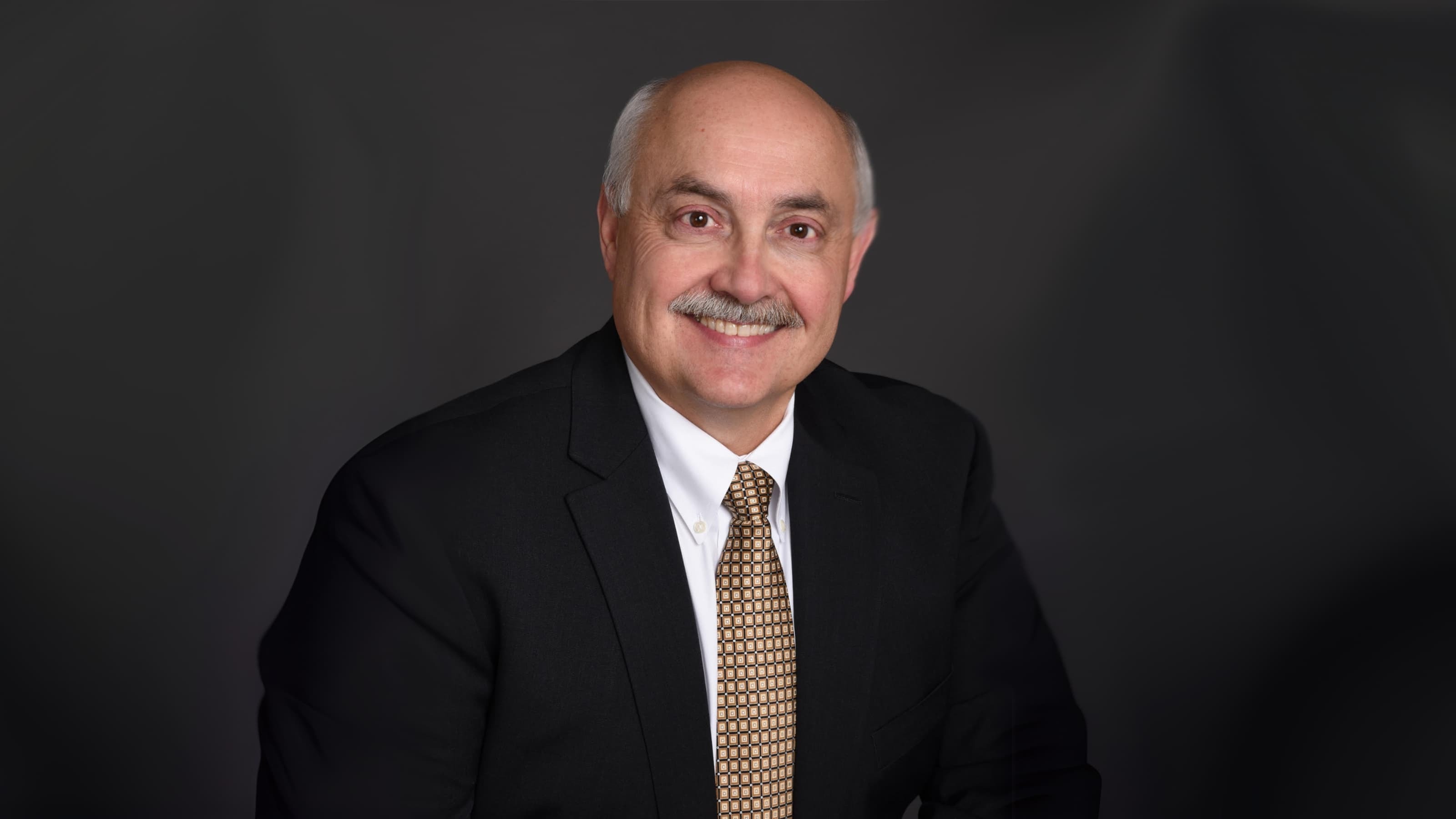Grad Studies Autism Interventions Abroad
Education graduate Katie Rosta ’22 conducted Summer Scholars research in South Africa, comparing the strategies used for autism integration in society with those used in the United States.
 Katie Rosta '22 in South Africa
Katie Rosta '22 in South Africa
This summer, education major Katie Rosta ’22 set out on her journey as a Summer Scholar to compare the diagnosis of, interventions for, and society's acceptance of individuals with autism in the United States and South Africa.
The Summer Scholars Program at Saint Joseph’s University provides an opportunity for students to engage in research and other scholarly endeavors alongside a faculty mentor during the summer months.
Rosta planned a trip to South Africa with Saint Joseph’s summer study abroad program, which helped guide her area of research.
“At the core of my research, I wanted to focus on South Africa. I was already going to be in the country and I felt that this was a unique circumstance that most American students wouldn't have the opportunity to experience,” says Rosta.
Throughout her research, she worked alongside Chair and Associate Professor of Special Education Cheryl George, PhD. George helped her to narrow down her broad topic to a thesis comparing the U.S. and South Africa on the diagnosis, intervention, and societal acceptance of neurodiverse individuals.
“I so enjoyed working with Katie on her Summer Scholar research project. It was fascinating to see the similarities and differences in strategies and interventions that schools in South Africa and the United States are using to build communication, academic and social skills for students on the autism spectrum,” says George.
It was fascinating to see the similarities and differences in strategies and interventions that schools in South Africa and the United States are using.
Cheryl George, PhD, associate professor of special education
Redefining Success in the Classroom
At The Livingstone Primary School in Durban, South Africa, Rosta observed the students taking part in the curriculum offered to autistic individuals.
In both the United States and South Africa, traditionally, schools use Applied Behavioral Analysis (ABA) as an intervention strategy. According to Autism Speaks, ABA is a therapy based on the science of learning and behavior. It applies the understanding of how behavior works to real situations.
Rosta states, “The goal of ABA is to increase helpful behaviors and decrease harmful ones that affect learning. This definition leaves room for interpretation, as behaviors that affect learning can be subjective, so the behaviors that are being reinforced often fall more toward compliance rather than improving meaningful skills.”
Members and advocates of the autistic community have brought up the fact that ABA could have inadvertently harmful effects on neurodivergent individuals. Rosta found that some schools in South Africa and the United States have moved away from ABA and adjusted their strategies to better meet the needs of neurodivergent people, rather than encouraging behaviors to meet societal norms.
In South Africa, Rosta observed both compassionate ABA therapy and child-led, play-based approaches. The goal of compassion ABA therapy, she says, is to collaborate with students so they develop skills in self-advocacy and independence rather than trying to behave in a socially acceptable way.
“Having staff take the time to build relationships with their students can create a much more positive working environment,” says Rosta. “These approaches allow the student to engage and scaffold upon areas of interest that may be more comfortable for the student than a therapist enforcing unfamiliar demands.”
Intervention and Integration
Neurodivergency has a wide scope of capabilities, and some students may not be able to communicate verbally. A strategy used at The Key School in Johannesburg, called Augmentative Alternative Communication (AAC), encourages students to use Makaton sign language.
Rosta says, “AAC involves both verbal and visual prompts, essentially an alternative form of talking. The use of Makaton sign language is incredibly helpful for non-fluent speakers.”
Throughout her abroad experience, Rosta also examined the different ways that societies view people with developmental disabilities.
“There are some countries and societies that are not accepting if your child is born with a disability or is differently abled in any capacity. They view it as a curse, and it makes them feel that there is no point sending them to school or any type of program,” says Rosta. “At Livingston Primary and The Key School, it was so apparent that they view each person regardless of the presence of disability or differences.”
Rosta knew that there is a huge benefit to what she learned overseas and what she can take from those experiences and apply to her career in the United States.
“It does feel like both countries are really listening to each other and listening to the autistic community more than ever. I don't know if I could have said the same a couple of years ago. The use of the internet and evidence-based practices are so prevalent in both spaces now — it really was incredible to see,” she says. “I want to be able to have those conversations and help students build skills around obtaining what they already enjoy.”
Currently, Rosta is a private tutor and strives to bring more compassion into her work as a teacher.
She and Dr. George will be continuing her Summer Scholars research outside of the program in hopes of publication. They will focus on the strategies and perceptions of neurodivergent individuals in different areas of the world.
“I’m enjoying working with kids, conducting research, and building my skill set,” she says.



